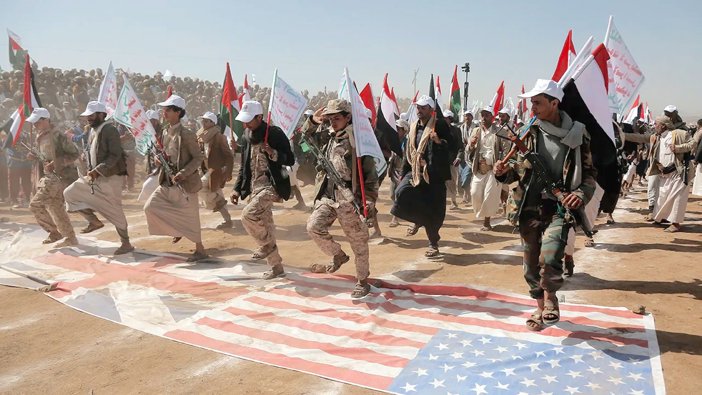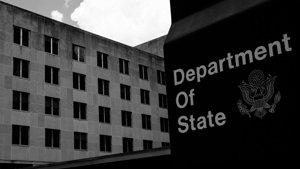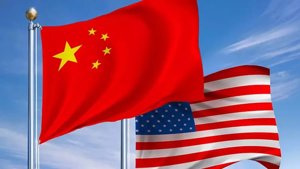
Experts Urge U.S. Action Against Yemen’s Houthi Threat
Experts urge U.S. backing for Yemen’s government to defeat Iran-backed Houthis as deadly Red Sea attacks threaten global shipping.
Pressure Mounts for U.S. Support of Yemen’s Legitimate Government
Amid a surge in violent attacks by Yemen’s Iran-backed Houthi movement on shipping lanes in the Red Sea and strikes against Israel, foreign policy experts and U.S. officials are intensifying calls for decisive American action. The State Department on Sunday issued a strong condemnation of the Houthi attacks, describing the threat to global commerce, seafarers’ safety, and regional security as “unacceptable.”
Walid Phares, a prominent Middle East analyst and former advisor to President Donald Trump, advocated for renewed American support for Yemen’s exiled legitimate government and the Southern Transitional Council (STC). Phares emphasized that the STC’s southern forces, operating near Aden, have been the most effective in combatting the Houthi militias, securing key victories in recent years. He called for U.S. funding, training, and logistical backing to enable these forces to retake strategic positions along the Red Sea, particularly the vital port city of Hodeidah.
“The United States should back, fund, and train these southern forces for renewed ground operations along the Red Sea coast, particularly to retake the vital port city of Hodeidah,” Phares argued. He described a coordinated strategy in which northern government-aligned units would move toward the capital, Sanaa, while allied airpower provided critical cover—potentially collapsing Houthi control and ending the threat to global shipping.
Escalating Violence and Global Repercussions
The situation has deteriorated rapidly in recent weeks. After pledging to cease attacks in May following U.S. military airstrikes, the Houthis have resumed and escalated assaults, targeting vessels in the Red Sea and Israeli territory. According to Israeli and international reports, the Houthis were responsible for sinking the bulk carrier Magic Seas, killing or leaving missing fifteen crew members, and causing catastrophic oil spills after attacks on additional cargo ships.
Israeli military officials reported that their strikes on Houthi-controlled ports targeted facilities used to transfer Iranian weapons for attacks on Israel and allied interests. The campaign has severely disrupted international shipping, with $1 trillion in goods passing through the Red Sea each year now under direct threat.
“These recent attacks have led to the loss of life, injury to sailors, and the sinking of cargo ships. Houthi attacks continue to endanger the lives of seafarers, harm economies across the region, and risk environmental disaster,” a State Department spokesperson said. The spokesperson stressed that global freedom of navigation and Israel’s right to self-defense must be protected.
The U.S. Department of Defense confirmed its readiness to counter further escalation by Iran or its proxies. “The DOD remains prepared to respond to any state or non-state actor seeking to broaden or escalate conflict in the region,” spokesman Sean Parnell stated, vowing that American forces will take decisive action if threatened.
Policy Shifts and the Path Forward
The Trump administration recently restored the Houthi movement’s designation as a foreign terrorist organization, reversing a previous decision. As pressure grows to bolster Yemen’s legitimate government and southern forces, policy experts argue that ousting the Houthis would open the door to negotiations with a unified, pro-Western Yemeni state—independent of Iranian influence.
As attacks persist, the international community watches closely, awaiting further U.S. action. The outcome will not only impact the stability of Yemen and its neighbors but will also shape the safety of one of the world’s most critical maritime corridors and the future of U.S. engagement in the Middle East.






